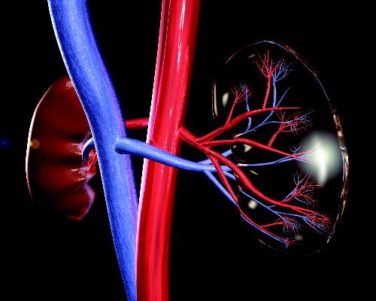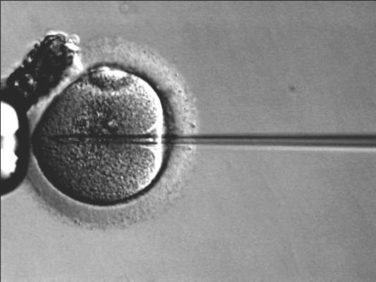FROM HYPERTENSION
For 12-18 months following a preeclamptic pregnancy, cardiovascular abnormalities persist in some women and appear to raise their risk for recurrent preeclampsia in a subsequent pregnancy, according to a case-control study published online Feb. 22 in Hypertension.
If these findings are confirmed in further studies, it might become possible to identify women at high risk for recurrent preeclampsia by performing a cardiovascular assessment before they attempt a second pregnancy, said Dr. Herbert Valensise of the department of obstetrics and gynecology, Tor Vergata University, Rome, and his associates.
An estimated 3%-8% of pregnancies are complicated by preeclampsia, and women who have preeclampsia once are seven times more likely to have a recurrence in subsequent pregnancies than are women who never had the disorder. At present, it is difficult to predict which women will have a recurrence. The investigators assessed cardiac function in women who had completed a first pregnancy and had not yet attempted a second pregnancy; 75 of these women had early preeclampsia during their initial pregnancies and were compared with 147 control subjects who did not. All these study participants were then followed through their second pregnancies to determine whether preeclampsia recurred.
The 22 women who had recurrent preeclampsia in their second pregnancies showed several cardiovascular abnormalities during the nonpregnant state, compared with the control subjects and the 53 women who did not develop preeclampsia in their second pregnancies. The affected women had lower stroke volume (63 mL vs. 73 mL and 70 mL, respectively), elevated total vascular resistance (1,638 vs. 1,341 and 1,383 dyne·s−1·cm−5), lower cardiac output (4.6 vs. 5.3 and 5.2 L), higher diastolic blood pressure (77 vs. 68 and 69 mm Hg), greater thickness of the left-ventricular wall (35 vs. 28 and 33), and “a tendency to a concentric geometry of the left ventricle,” Dr. Valensise and his associates said. All differences were statistically significant at P less than .05 (Hypertension. 2016 Feb 22. doi: 10.1161/HYPERTENSIONAHA.115.06674 ).
These findings “suggest that cardiac dysfunction and cardiovascular maladaptation precede the appearance of a recurrent preeclampsia months before a second pregnancy,” they said.
The preeclampsia during the first pregnancy was no more severe among women who had a recurrence than it was among the women who did not, so the severity of the first episode was not a useful guide for predicting recurrence, the investigators added.
No funding source was identified for this study. Dr. Valensise and his associates reported having no relevant financial disclosures.




